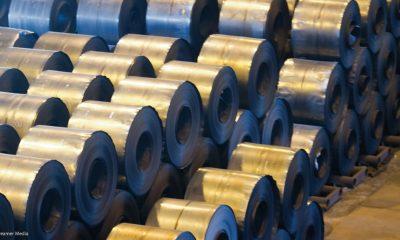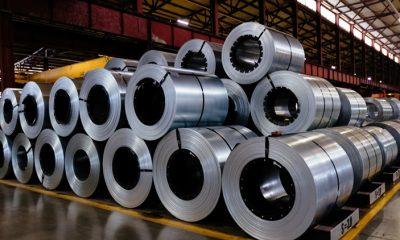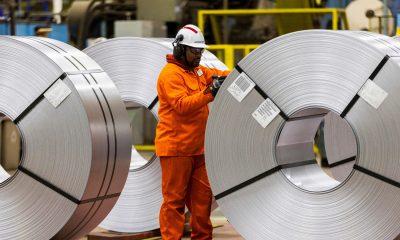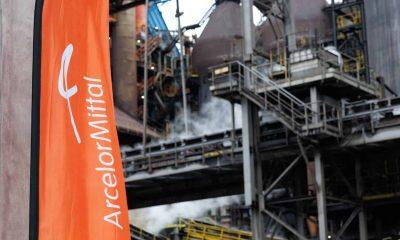Business
Tariff Review Too Late to Save AMSA, Warns Industry Amid R1.7bn Bailout
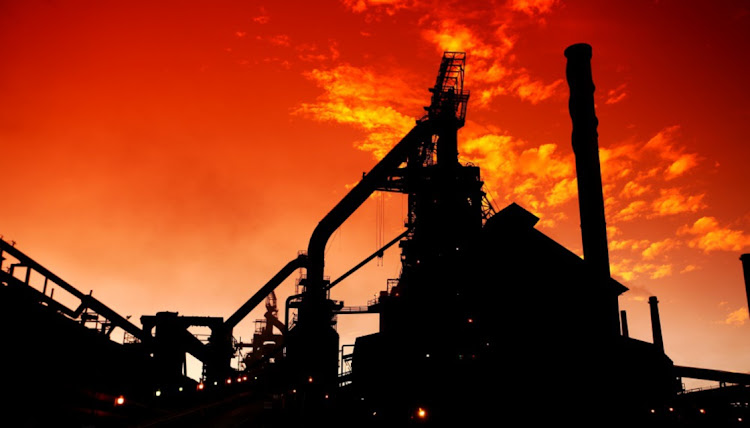
A government review of tariffs on steel imports may be too little, too late to save ArcelorMittal South Africa (AMSA), the country’s largest steel producer, according to critics. While the state has offered AMSA a temporary lifeline with a R1.7 billion loan from the Industrial Development Corporation (IDC), many believe the deeper issues in the steel sector remain unaddressed.
The IDC’s intervention has postponed the shutdown of AMSA’s Long Steel Business in Newcastle for six months. However, some industry voices argue the review of import tariffs—launched by the International Trade Administration Commission (ITAC)—won’t resolve the structural problems faced by the steel sector.
Industry Voices Concern: “Tariffs Won’t Save AMSA”
Gerhard Papenfus, CEO of the National Employers’ Association of South Africa (NEASA), called the review a “systematic process of orchestrating the demise of the entire steel industry.” In his view, the proposal to raise import tariffs or potentially restrict imports with discretionary permits will not save AMSA—and may, in fact, hurt downstream players.
“AMSA is still struggling, even more now than 10 years prior, notwithstanding all the duties and billions in aid,” Papenfus said in a public statement. “All that has changed is the size of the steel industry—it is now substantially reduced.”
Papenfus argues that steel users across South Africa may end up bearing the cost of these protectionist measures, warning that the country must prepare for the possibility of AMSA’s eventual collapse.
Government’s Position: “Tariffs Support Industrialisation Goals”
According to the government gazette released on March 19, the review is aimed at responding to challenges like global overcapacity, increased protectionism in other countries, energy instability, and logistics constraints within South Africa.
The government believes that reviewing tariffs and possibly introducing additional trade policy instruments could help “facilitate our industrialisation objectives and socio-economic goals,” particularly by supporting local jobs and production capacity.
AMSA welcomed the move, saying South Africa has been slower than global peers to protect its domestic steel market against low-cost imports, especially from Asia.
Experts Warn of Downstream Collapse
However, trade experts are warning of significant consequences if new tariffs are applied across all steel imports.
Donald MacKay, CEO of XA Global Trade Advisors, told attendees at a recent webinar that the proposed duties could add another R1.76 billion in costs to the economy.
“Adding tariffs will increase costs throughout the value chain,” he said. “The result could be catastrophic for downstream steel users and fabricators, who are already operating on tight margins.”
MacKay argues that while AMSA may benefit in the short term, smaller manufacturers and exporters could be forced out of business—undermining the broader economy.
A Shrinking Industry with No Easy Fix
AMSA’s announcement in January that it would close its Long Steel unit in Newcastle sent shockwaves through the industry, with around 3,000 direct jobs at stake, and potentially thousands more indirectly affected.
Despite billions in government aid and years of protective duties, the steel giant continues to lose ground in an increasingly competitive global market.
As Papenfus starkly put it: “South Africa’s coffers are being depleted through aid to AMSA, which will be to no avail. All users of steel—and that is all South Africans—must brace themselves and prepare for the day that there will no longer be an AMSA.”
{Source MSN}
Follow Joburg ETC on Facebook, Twitter , TikTok and Instagram
For more News in Johannesburg, visit joburgetc.com



